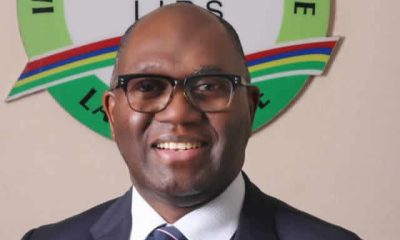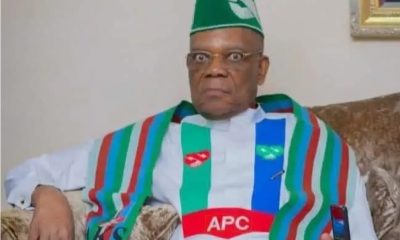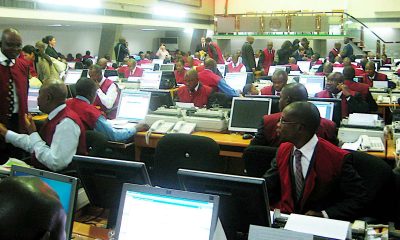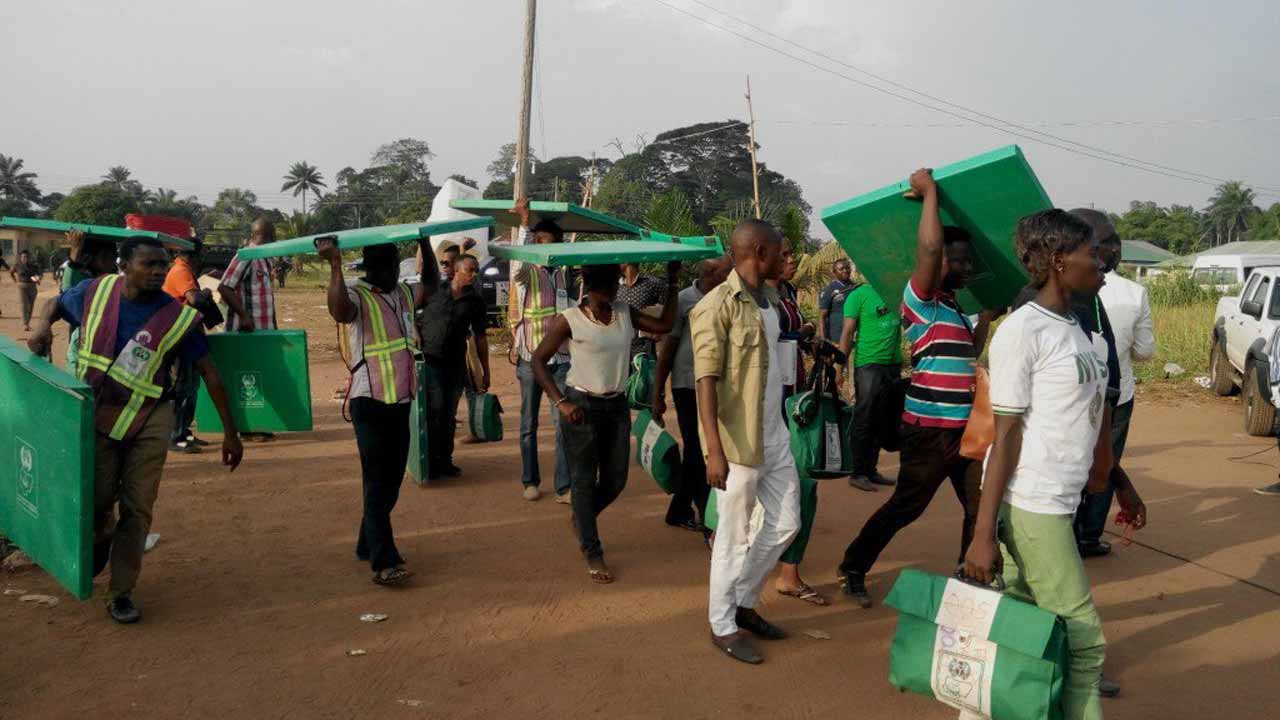The electoral developments in Edo State over the weekend have exposed a disturbing reality: an election marred by vote buying, figure falsification, manipulation of the electoral process, and voter intimidation.
These actions, allegedly spearheaded by the All Progressives Congress (APC) in its pursuit of securing control over Edo at all costs, are not just a threat to the democratic process but also a betrayal of the people’s trust.
The most glaring offense is the audacity of vote buying, with widespread reports that voters were offered sums as high as N20,000 in exchange for their votes.
This act reduces the sacred right to vote to a mere commercial transaction, undermining the foundations of fairness and equity in a democratic society. The Economic and Financial Crimes Commission (EFCC) has reportedly arrested individuals involved in these illegal acts, with videos of the arrests circulating online.
The viral footage is a stark reminder of the widespread corruption that persists in Nigeria’s elections.
Beyond the issue of vote buying, there are also credible reports of the manipulation of electoral figures. The falsification of results in numerous instances has been highlighted as a critical issue, tarnishing the integrity of the electoral process.
Every instance of doctored figures is a betrayal of the democratic ideal of free and fair elections. When electoral bodies are coerced or colluded in these acts, they compromise the sanctity of the entire process, eroding confidence in the system and leaving voters disillusioned.
READ ALSO: PDP accuses APC pressuring INEC to manipulate Edo election, warns of consequences
Adding to the list of egregious acts, the violence and intimidation tactics deployed against voters have made the election environment dangerous and hostile.
Reports from the ground describe a climate of fear, where the threat of violence loomed over polling units, discouraging citizens from exercising their right to vote. This infringement on fundamental human rights contradicts the very essence of democracy, where people should feel safe and empowered to make their electoral choices.
The situation in Edo is unfortunately not unique. In the recent past, Kogi State experienced similar challenges, and with upcoming elections in states like Ondo, the fear is that this trend could continue to spread unchecked.
It is crucial that these unlawful activities be condemned, and those responsible held accountable. Without transparency and fairness, Nigeria risks further eroding its democratic framework.
The Nigerian electorate deserves better. It is time for political actors to focus on transparency and to respect principles of democracy and the will of the people. Only through collective action and a renewed commitment can the integrity of Nigeria’s elections be restored.
The situation in Edo serves as a wake-up call: the country must confront these challenges head-on if it is to safeguard the future of its democracy.

 Latest1 week ago
Latest1 week ago
 Business1 week ago
Business1 week ago
 Latest1 week ago
Latest1 week ago
 Latest1 week ago
Latest1 week ago
 Business1 week ago
Business1 week ago
 Business1 week ago
Business1 week ago
 Football1 week ago
Football1 week ago
 Business1 week ago
Business1 week ago

